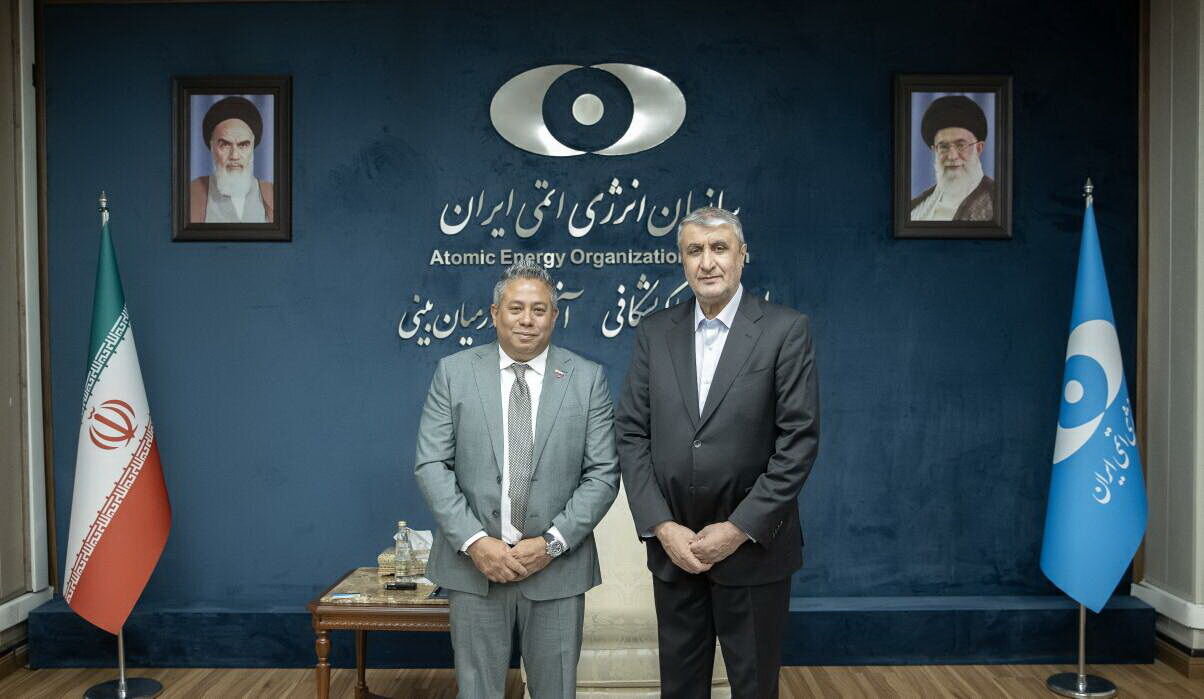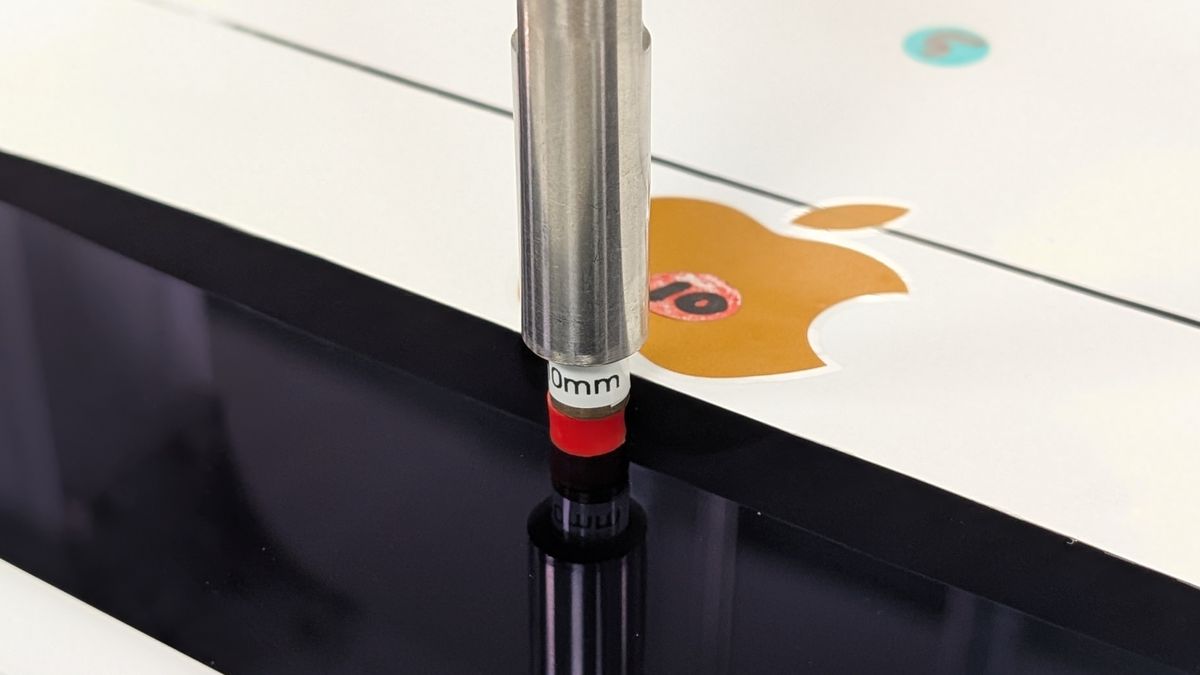Restaurant oil and grease management in Hong Kong.
Autor: Yau, Yiu-Hung; Rudolph, Victor; Lo, Cat Chui-Man; Wu, Kam-Chau
Publication year: 2021
Environmental science and pollution research international
issn:1614-7499 0944-1344
doi: 10.1007/s11356-018-2474-4
Abstract:
Oil and grease (O&G) in wastewater can be considered as two parts or proportion contained in emulsion which exceeded O&G standard. Most of oil becomes emulsified with water when they pass through grease trap and discharged in the effluents. Thus, it may indicate that either treatment of grease traps or standards for O&G content stipulated in technical memorandum of Water Pollution Control Ordinance (WPCO) do not reflect the actual situation. Existing grease traps should be upgraded to meet the requirements of WPCO. Alternative technologies need to be developed to tackle this unsolved problem. Good management and practices are also important to ensure proper collection and waste recycling rather than just disposing effluent into drains. Collected O&G content can be recycled as valuable products such as biofuel, flotation agent, or other derivatives. This approach not only protects the environment by improving water quality, it also encourages large flow restaurant operators to recycle oil and grease content towards cleaner production.
Language: eng
Rights: © 2018. Springer-Verlag GmbH Germany, part of Springer Nature.
Pmid: 29936614
Tags: Hong Kong; Biofuels; *Restaurants; *Wastewater; Emulsified oil; Grease trap oil recycling; Hydrocarbons; Oil and grease removal; Restaurant wastewater; Waste Disposal, Fluid
Link: https://pubmed.ncbi.nlm.nih.gov/29936614/





